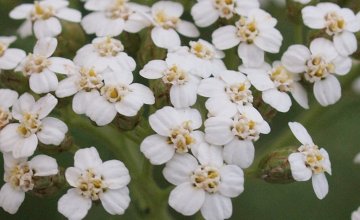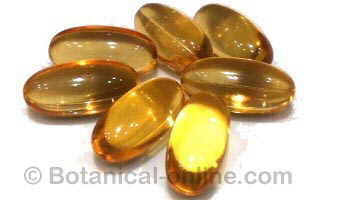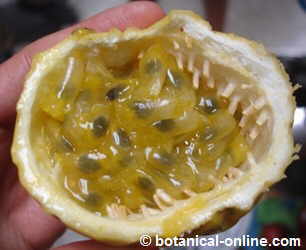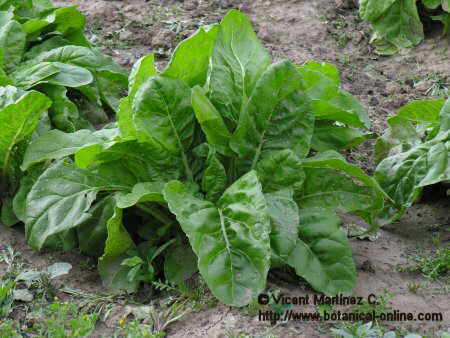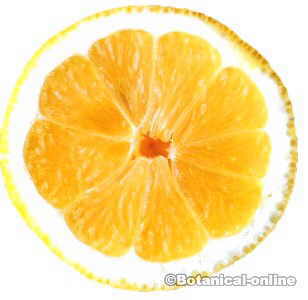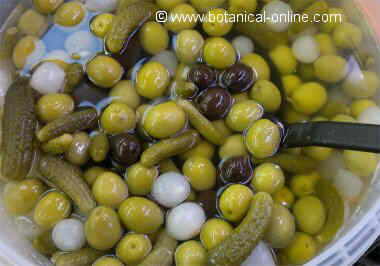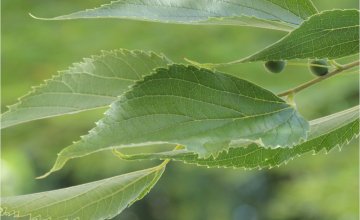Contents
DANGERS OF CALENDULA OR POT MARIGOLD
Is calendula a toxic plant?
No, it is not. Pot marigold (Calendula officinalis) is not a toxic plant. This plant is considered safe for most people when given orally or applied to the skin.
The plant is included in the GRAS classification of the Ministry of Health in the U.S. (Generally Recognized As Safe)
What components does pot marigold have?
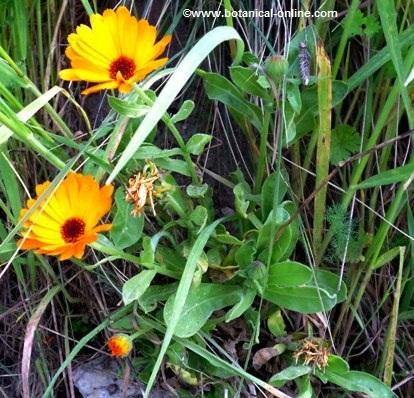
Pot marigold
- Essential oils: (0.2-0.4%), mucilage, salicylic acid, phytosterols, rich in carotenoids, glycosides, flavonoids and tannins.
- Calenduline: Among its components we must emphasize the presence of calenduline, a bitter principle (triterpene saponin) with antiphlogistic, that is to say, to treat inflammation.
Precautions with calendula
- Pregnancy and lactation: Do not take calendula during pregnancy and lactation: It is not proven the safety of this plant during pregnancy or lactation. Pot marigold is NOT recommended during pregnancy due to lack of studies and because of its emmenagogue effect. It may cause miscarriage, so it should not be used internally or externally.* More information: Plants and pregnancy.
- People taking medication: Do not take calendula if you are taking medication: calendula may interfere with the effects of some drugs. Consult your doctor before taking calendula.
- Allergies: Use it with caution if you are allergic to any Compositae plant : people who are allergic to plants of the Compositae family, such as daisies, chrysanthemums or ragweed, should be especially careful with this plant, as it belongs to the same botanical family.
![]() More information on calendula.
More information on calendula.
This article was endorsed by Montserrat Enrich - Journalist specializing in edible wild plants and plant uses.

